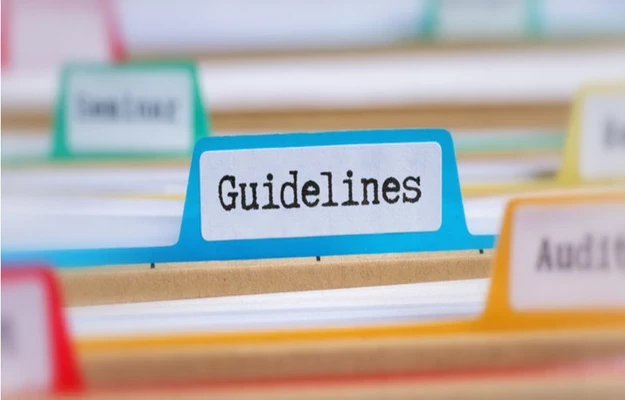Nishikant Khajuria
JAMMU, Oct 12: Notwithstanding the clarification already made by the Government as well as the Election Commission authorities, an order by the Deputy Commissioner Jammu regarding registration of new voters and the guidelines for the same has revived controversy over the issue as all the mainstream political parties, except BJP, have raised voice against giving voting rights to the ‘non-locals’ in J&K.
Click here to watch video
According to the order, any of the documents such as Aadhar card, water/Electricity/Gas connection for one year, current Passbook of Nationalized/ Scheduled Bank/Post Office, India Passport, Revenue Department’s land owning record including Kisan Bahi, registered Rent/Lease deed in case of tenant or registered Sale Deed in case of own house can be accepted as proof of residence for registration of the new voters.
These guidelines further provide that any other proof of residence can also be accepted for registration of new voters and in case none of the mentioned documents is available, field verification is must.
“As for example, category like homeless India citizens who are otherwise eligible to become electors but do not possess any documentary proof of ordinary residence, Electoral Registration Officer shall designate an officer for field verification,” read the order number 01-DEOJ of 2022, dated 11-10-2022 on subject: Special Summary Revision, 2022-acceptance of documents for registration as Electors.
Pertinent to mention that Special Summary Revision, 2022 has been started in Union Territory of Jammu and Kashmir with effect from September 15, 2022, for registration of new voters, deletion, correction, transposition of voters who have migrated, died since last Summary Revision.
To ensure that no eligible voter is left for registration during the Special Summary Revision in district Jammu, Deputy Commissioner Avny Lavasa, who is also District Electoral Officer, has authorized all Tehsildars to issue certificate of residence after conducting necessary field verifications, to the persons residing in district Jammu for more than one year, for the purpose.
Even as the order has quoted the guidelines issued by the Election Commission of India, which are already in force all over the country, the opposition political parties in J&K, right from National Conference to PDP and Congress to others, have strongly raised their voice against the eligibility criteria for being a voter in the UT.
On the other hand, J&K BJP leaders have maintained that there was nothing objectionable in the instructions, which are in consonance with the guidelines of Election Commission of India.
The controversy was first triggered after the then Chief Electoral Officer, Hirdesh Kumar Singh had announced that as part of the Special Summary Revision of electoral rolls, the Union Territory was expected to add over 25 Lakh voters and the new voters being added to J&K Voting List would also include outsiders.
This caused an immediate backlash from PDP chief Mehbooba Mufti, NC Vice-President Omar Abdullah and others who held press conferences questioning the intent of the BJP-led Central Government in executing this decision.
Following the political backlash on the issue, the Government had also issued a clarification on the matter through an advertisement issued in local newspapers.
The exercise to revise the electoral roll is being carried out for the first time since the abrogation of Article 370. Currently, J&K has only 78 lakh registered voters as compared to 98 lakh people who are above the age of 18 in the UT. This means that around 25 lakh new voters, including non-locals, are likely to be registered as voters in Jammu and Kashmir.
In fact, the point of contention as far as J&K Voter List Revision is concerned, has to do away with the requirement of Domicile Certificate for non- local migrants. A person residing in J&K doesn’t need a Permanent Resident Certificate or domicile certificate of Jammu and Kashmir to become a registered voter now.
Before the Abrogation of Article 370 in 2019, J&K had held a special Constitutional status wherein the Permanent Residents Certificate was treated as a mandatory document to register as a voter in the State. Without this certificate, no outsider was allowed to register as a voter for the Assembly elections in J&K. Though non-local people residing in J&K were eligible to be registered as a voter from the State under the Jammu and Kashmir Representation of People Act, but they were classified as Non-Permanent Resident (NPR) voters and were allowed to vote in the Parliament elections only. There were about 32,000 NPR voters in J&K during the last Parliamentary elections.
Meanwhile, according to a late night tweet by a news agency, the said order by Deputy Commissioner Jammu has been withdrawn. However, the same could not be confirmed.


